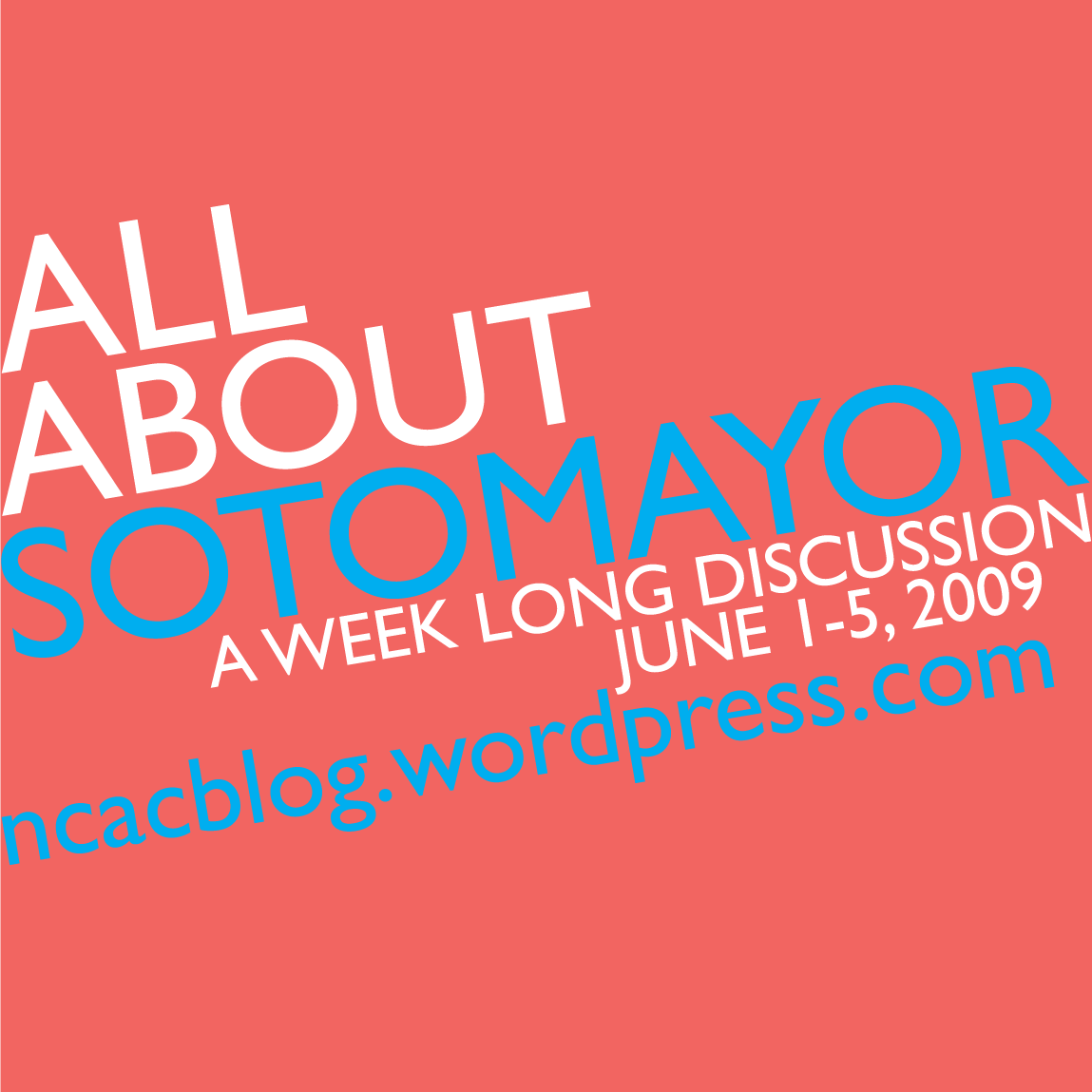 Judge Sonia Sotomayor’s record of First Amendment cases has been under scrutiny since President Obama nominated her to the Supreme Court last week. Let’s start with the bad news:
Judge Sonia Sotomayor’s record of First Amendment cases has been under scrutiny since President Obama nominated her to the Supreme Court last week. Let’s start with the bad news:
In Doninger v. Niehoff (2008)*, Sotomayor was part of a panel of judges who decided that a high school student’s blog posts, made from a home computer, were not protected speech. The panel found that the student’s online use of the word “douchebags” to refer to teachers, and her call to “piss off” an administrator, amounted to a “reasonable risk” of “substantial disruption” on campus. The court upheld the school district’s decision not to allow the student to run for an elected position in the student body.
Ronald K.L. Collins of the First Amendment Center explains,
The Doninger opinion is a confusing amalgamation of different free-speech doctrines coupled with a strained reading of Tinker v. Des Moines Independent School District (1969) combined with a loose application of law to the facts of the case.
A “substantial disruption” in this case came to mean any disruption at all, and the court extended the school’s authority to control expression outside its own campus or sponsored events. On the basis of this case alone, Sotomayor appears to be far from a trustworthy advocate of free expression.
This week on the blog, can we find an explanation for her misguided decision in this case? Do her other rulings on First Amendment issues brighten her record? Must we be left wondering what President Obama was thinking? Or is it simply too early to tell?
* This case made it onto NCAC’s “Selective Timeline of the Internet and Censorship”.

